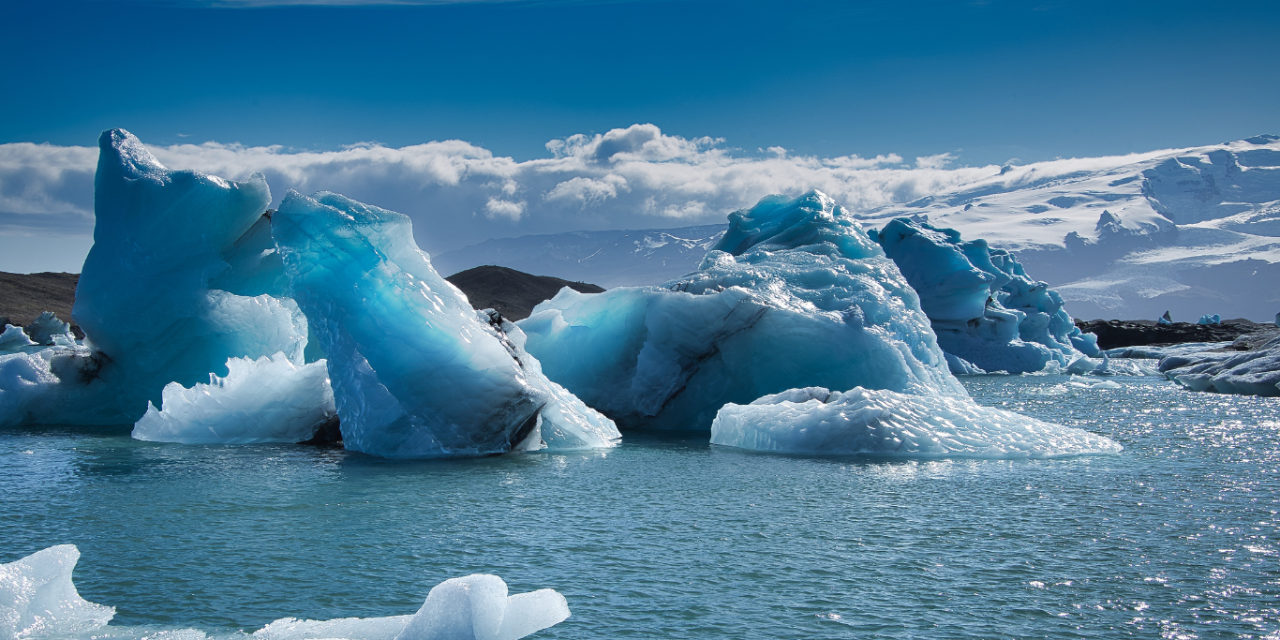A recent study reveals that melting polar ice is causing Earth to rotate more slowly, lengthening our days. This shift is due to climate change and internal planetary dynamics. For ages, Earth’s movements were mostly influenced by the moon’s gravitational pull and its own core and mantle processes. However, human-induced climate change is now impacting these natural motions.
Researchers at ETH Zurich used advanced AI models to study polar motion, which is the movement of Earth’s rotational axis relative to the crust. They found that if greenhouse gas emissions continue to rise, they will surpass the moon’s tidal forces in influencing Earth’s rotation.
The study highlights a key point: human activities have a significant impact on our planet. As Benedikt Soja, a professor at ETH Zurich, stated, “We humans have a greater impact on our planet than we realize, placing great responsibility on us for its future.”
Two recent studies linked melting ice caps to the Earth’s wobble and the length of our days. Ice melt redistributes mass towards the equator, slowing Earth’s rotation and increasing the length of a day by a few milliseconds. This phenomenon is explained by the law of conservation of angular momentum, which dictates that a spinning object maintains its speed unless an external force causes it to change. Melting ice shifts mass, slowing Earth’s spin.
Researchers also examined the gradual movement of Earth’s axis. Using physics-informed neural networks, they created a comprehensive model showing how core, mantle, and climate interactions contribute to polar motion. This model reveals that climate change not only affects the surface but also has repercussions deep within the Earth’s core.
As Soja explained, melting polar ice causes water to move towards the equator, making Earth bulkier and slowing its rotation, similar to how a figure skater spins slower with outstretched arms. Kiani Shahvandi, the study’s lead author, added, “Ongoing climate change could affect processes deep inside the Earth more than previously assumed.”
Key Points:
- Melting polar ice slows Earth’s rotation, lengthening days.
- Climate change impacts Earth’s spin axis.
- Advanced AI models reveal core and mantle dynamics.
- Human activities significantly influence Earth’s movements.
















